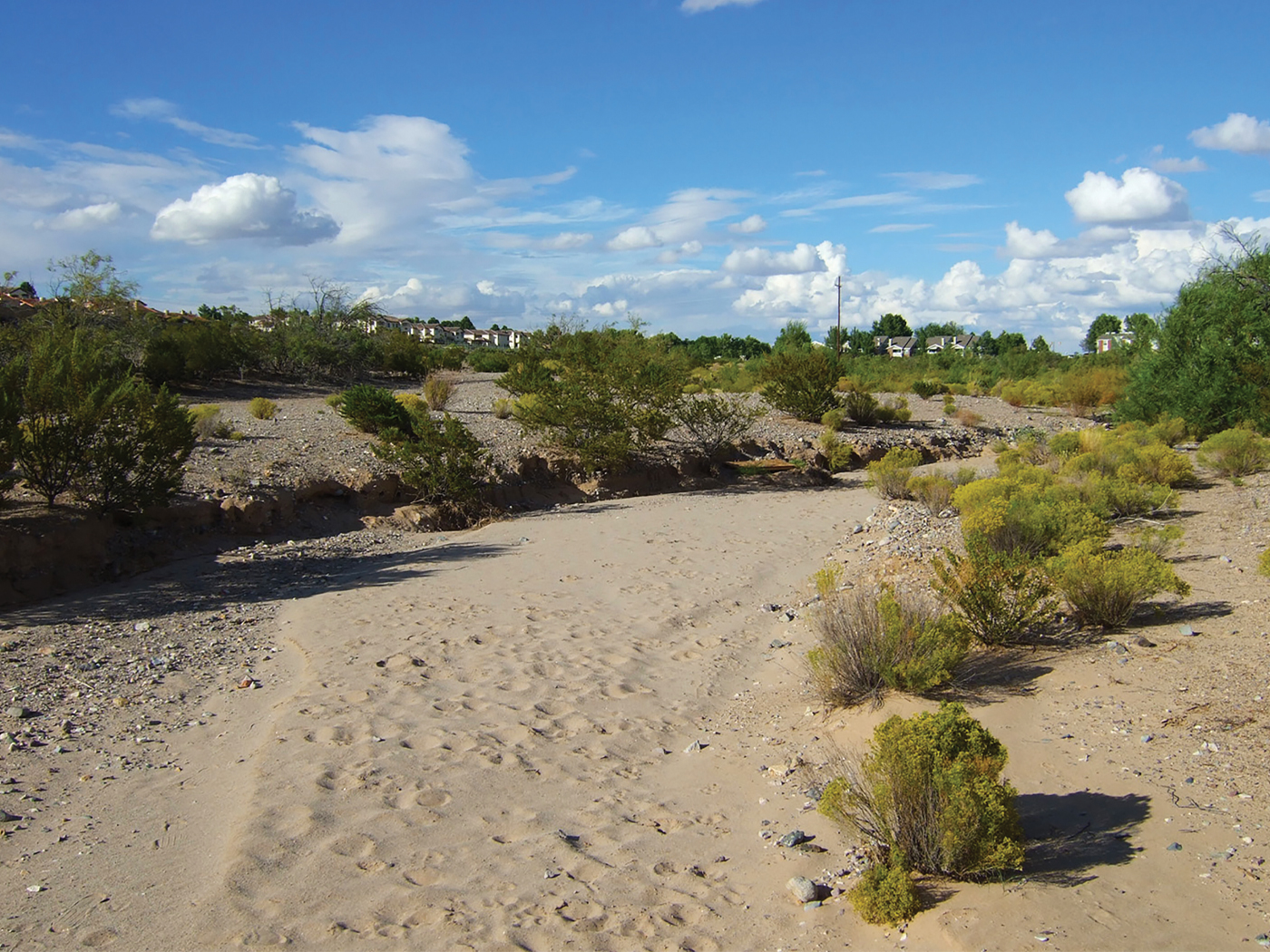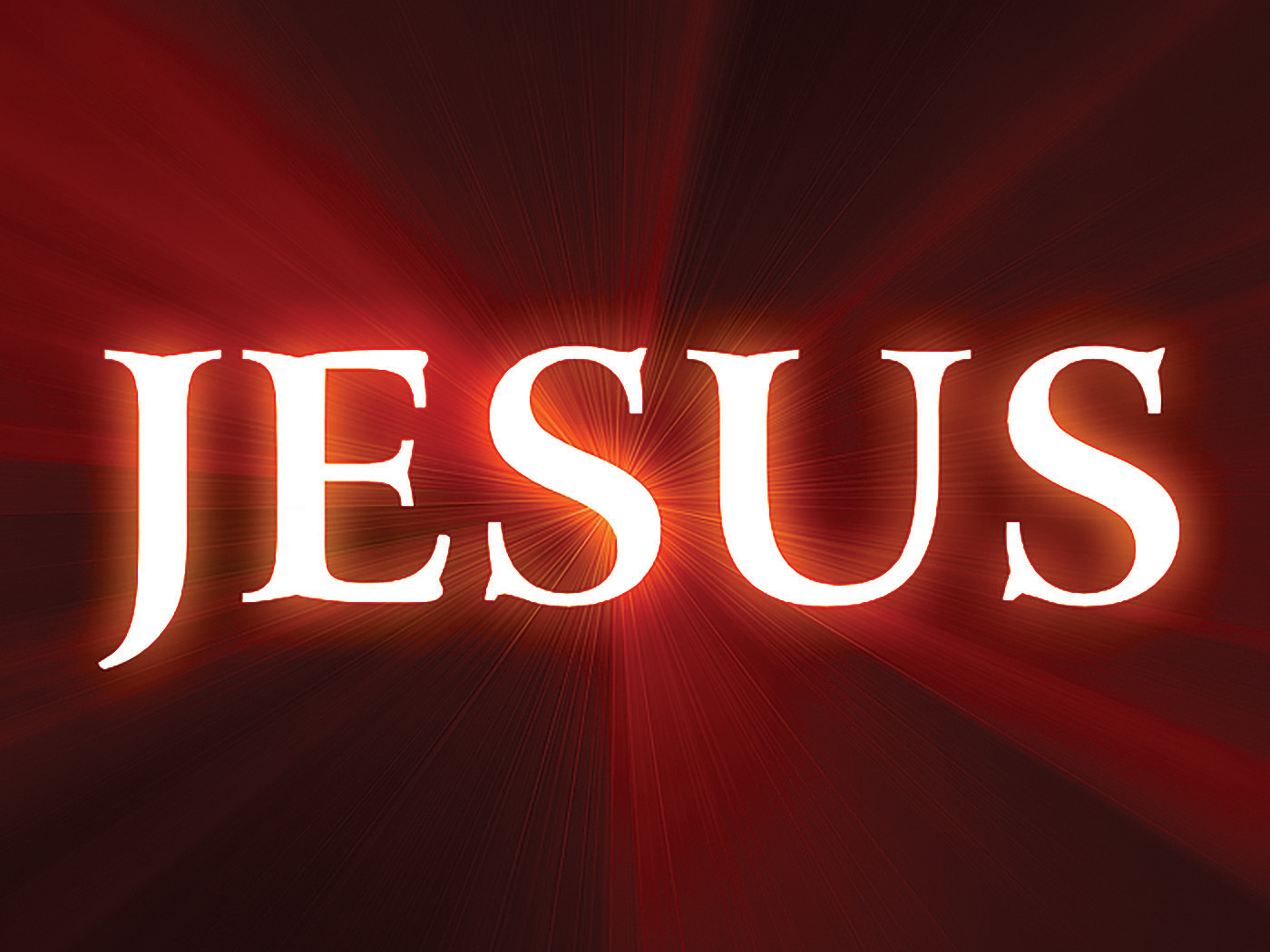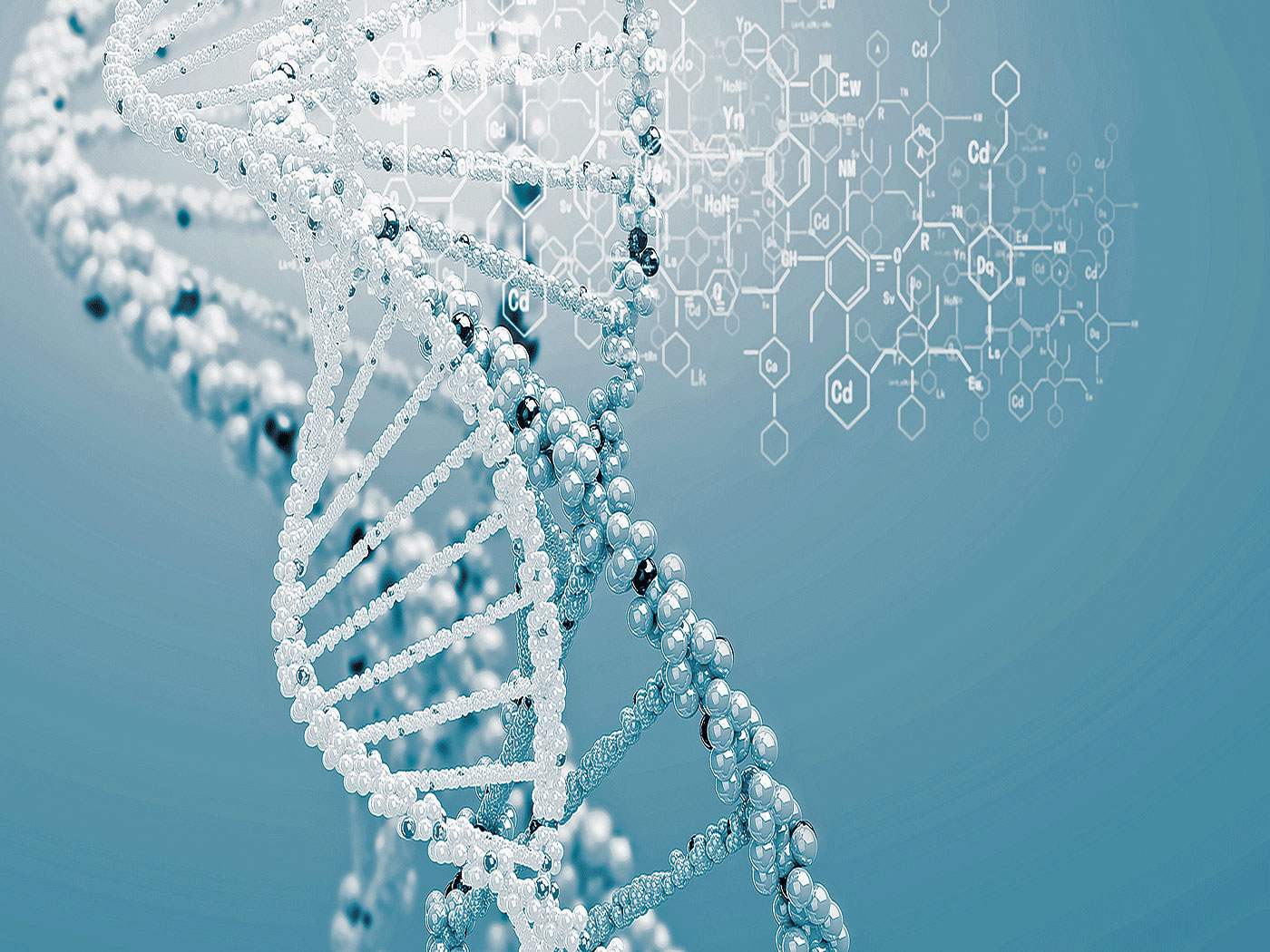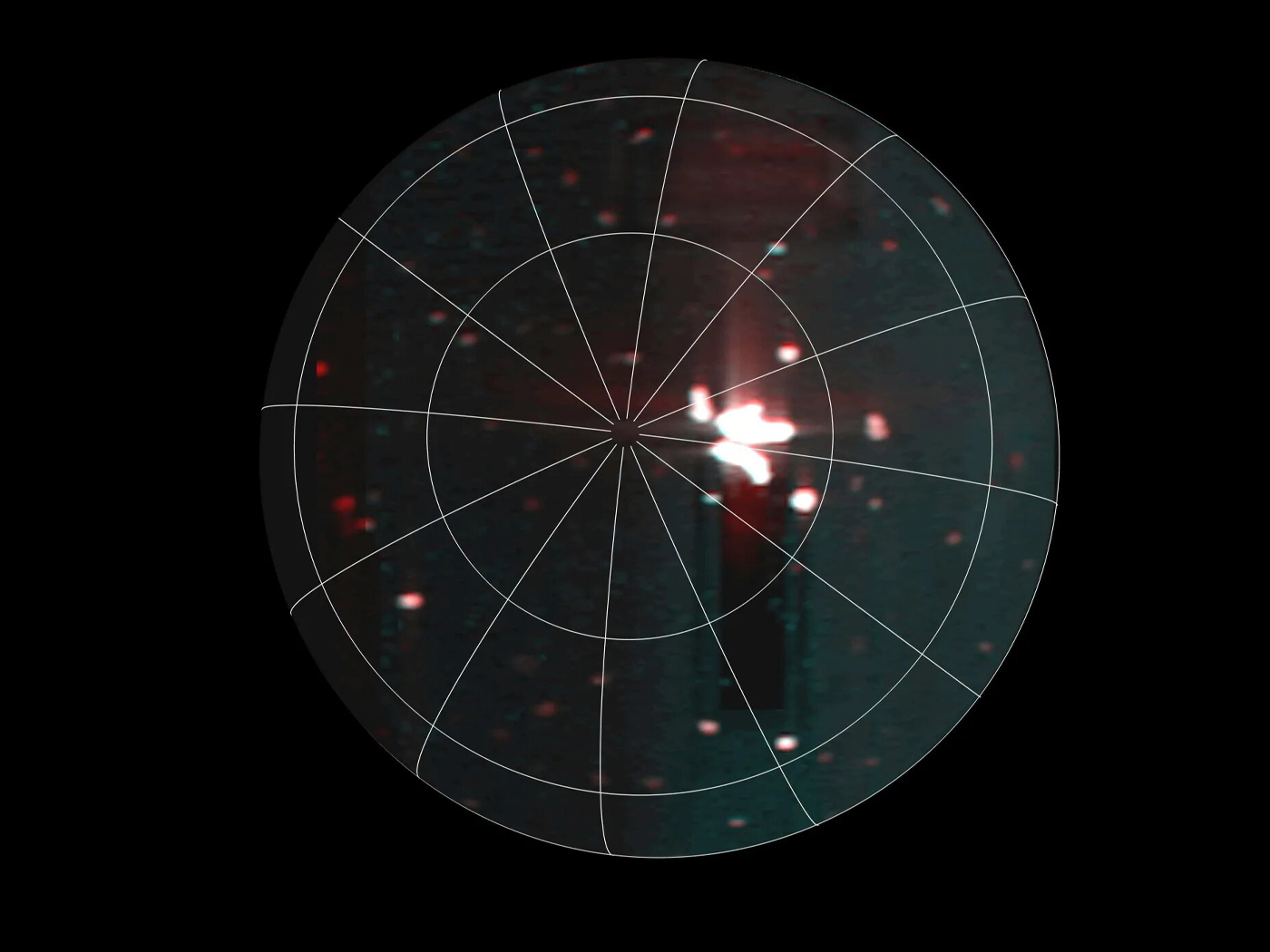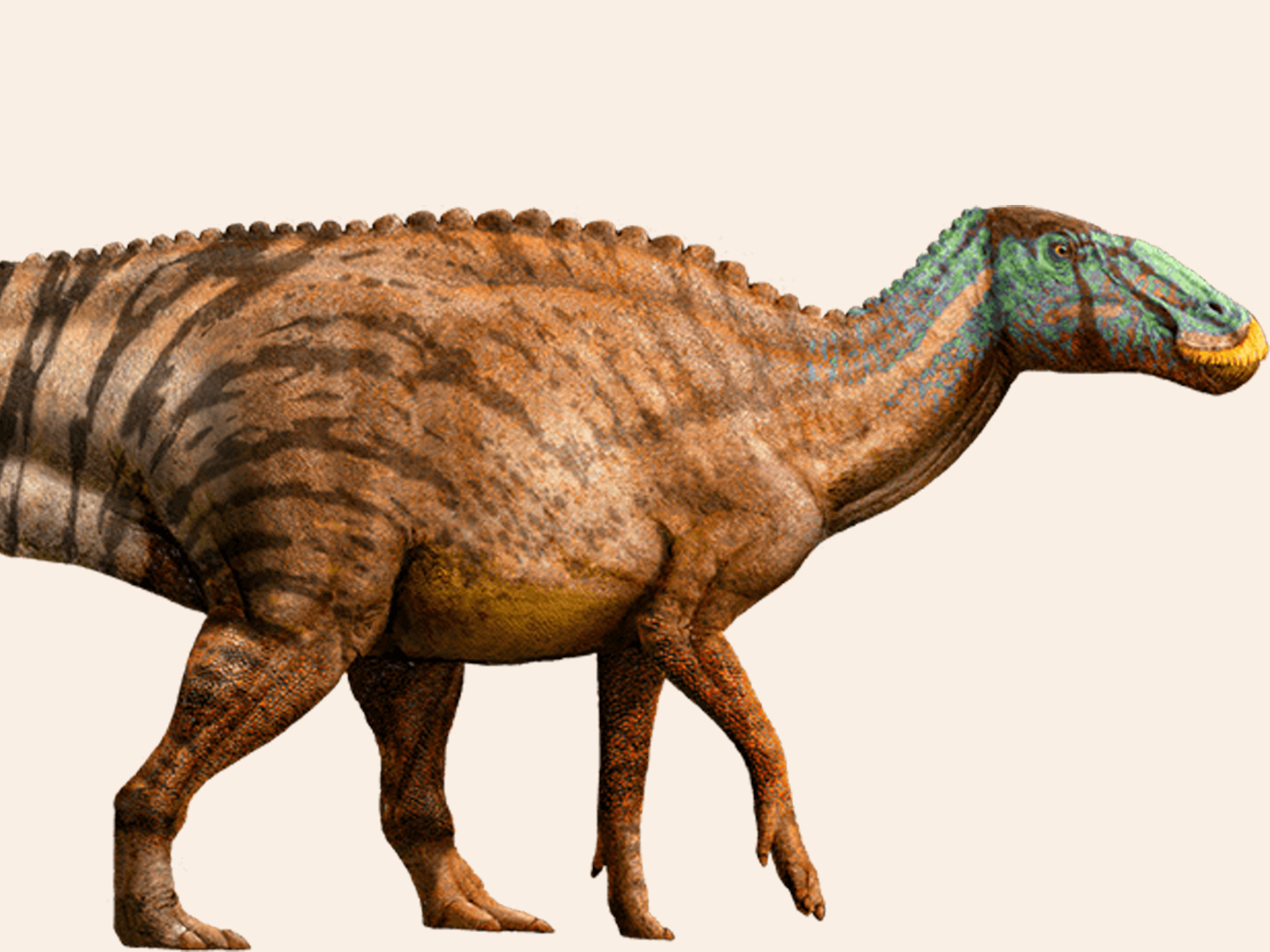And God saw every thing that he had made, and, behold, it was very good. (Genesis 1:31)
The message of Genesis is not confusing. The repetitive information throughout the rest of Scripture is consistent. The universe was created by an omnipotent, omniscient, and transcendent Being. The words of Scripture insist that God’s work was recent, complete, and “good.” Our struggle with that message is that everything we observe is tainted by evil and death.
Secular history presupposes that the “normal” of today has been the dominant operational force behind everything that exists. Geological processes, fossil evidence, sociological development, all are interpreted with no God in the story. Some theologians attempt to explain the differences between the biblical message and secular naturalism by suggesting that dying processes were a normal part of God’s creation. Some religions embrace the idea that “good” and “evil” are nothing more than two sides of the same reality—that our perception of such contrasts are merely a product of our experience and culture.
How can we resolve the conflicting message of a good creation with the evil that surrounds us? For those of us who believe that an omnipotent and omniscient God has existed from eternity past, we must correlate what that God has revealed to us and our growing understanding of science with God’s divine nature as the controlling factor. What does the revealed nature of God demand of the original creation? How does natural revelation (what we can observe in today’s universe) shape the written words of Scripture?
Some have suggested that the processes of nature in that original creation could not have included a deathless universe since all natural processes function around deterioration and death. Living things would have worn out and died—even if the environment was much better than the environment we know today. Animals would have died normally, and Adam and Eve would have died eventually unless they ate of the Tree of Life that God planted in the garden “eastward in Eden.”
But the Bible tells us that death is the result of Adam’s sin, and as a result of God’s judgment “death passed upon all men” (Romans 5:12). When God tells us death is the “last enemy” to be conquered by the Lord Jesus (1 Corinthians 15:26) and death will not exist in the new heavens and the new earth (Revelation 21:4), are we to expect the new bodies promised upon our resurrection to be still mortal in eternity?
Before we approach these issues, it is absolutely necessary to acknowledge what has been recorded about the origin of the universe.
God’s Own Commentary
“Every thing…was very good.” The repetition of God’s comment is worth noting. Five of the six working days of the creation week are pronounced “good” by the Creator. It is the same Hebrew word each time and means just what would be expected: good, pleasant, agreeable, excellent, of benefit, etc. That word is used well over 500 times in Scripture. There is nothing very unusual about God’s use of the word, except that it is repeated often and that it is God who uses the term.
Given that the Creator is using the term, we should consider the character of the Evaluator. We should gain some understanding of His attributes before we render an opinion of the meaning of the term “good”—especially as it applies to the original creation.
God Is Holy
Holiness is the preeminent attribute of God. Everything God does is subject to the unchangeable rock of God’s holy nature. Even the love that drove Him to become man and die a substitutionary death for our sins is driven by the holiness that demands justice for the horrible rebellion against that very holiness.
Who is like unto thee, O LORD, among the gods? who is like thee, glorious in holiness, fearful in praises, doing wonders? (Exodus 15:11)
There is none holy as the LORD: for there is none beside thee: neither is there any rock like our God. (1 Samuel 2:2)
I will publish the name of the LORD…He is the Rock, his work is perfect: for all his ways are judgment: a God of truth and without iniquity, just and right is he. (Deuteronomy 32:3-4)
Because God is holy, He must reveal truth in the created things of the universe. He cannot lie (Titus 1:2). God’s words and deeds are “true and righteous altogether” (Psalm 19:9).
God Is Omniscient
Everywhere we look—into the deepest recesses of space or the minutia of the microscope—the intricacy, precision, and complexity of all things stagger us with the enormity of details and vastness of information.
O LORD, how manifold are thy works! in wisdom hast thou made them all: the earth is full of thy riches. (Psalm 104:24)
I am God, and there is none else; I am God, and there is none like me, Declaring the end from the beginning, and from ancient times the things that are not yet done, saying, My counsel shall stand, and I will do all my pleasure. (Isaiah 46:9-10)
Known unto God are all his works from the beginning of the world. (Acts 15:18)
This is the consistent message of Scripture. God cannot be progressively aware. God’s knowledge is immediate. God is free from imperfection. God knows all there is to know. God’s purpose and order flow from His omniscience. His decisions are unchangeable and without confusion. God’s specific will and pleasure are always implemented.
God’s Flawless Good
Whatever God said was “good” would have to be in harmony with His divine nature. Since God is holy, He could not deceive us about the order of the creation week. Since God is omniscient, He could not guess or use trial and error methodology. God would not experiment. God would not produce inferior things. He can do only holy acts. He cannot create, make, or shape non-functional processes. All of this clear evidence requires that we who read Genesis 1 understand “good” to mean “flawless function.”
- God’s “good” functions properly.
God’s own account of His work specifies His organization and purpose. Because God is omniscient, everything in the universe works as designed. Because God is omnipotent, everything has all it needs to operate, live, reproduce, and populate under the orders of and in agreement with the Creator’s design. Each component was designed to function without flaw. Every part works as ordered, and all living things function under the limits and in the places for their lives. Nothing was misplaced. Nothing was left to chance.
- God’s “good” could not include sin.
For the holy, omniscient, omnipotent, loving Creator to conclude that everything that He had created was “very good,” there could be nothing in that completed creation that did not function as designed. Nothing existed in conscious rebellion against the immutable nature of the Creator—there was no sin.
Sin became a part of human nature through Adam. Death was introduced into the creation because of the Creator’s sentence upon Adam.
- God’s “good” could not include death.
God is life. Everything that is revealed about God centers on His eternal Being. The most personal name that God reveals is “I AM”—the One who exists by the right and nature of who He is. Jesus insists that He is “the way, the truth, and the life” (John 14:6). The awesome Apokalypse of Jesus Christ opens with the loud voice “as of a trumpet, saying, I am Alpha and Omega, the first and the last” (Revelation 1:10-11).
There is absolutely no indication anywhere in the Scriptures that the living God—the God of life—created death. Nothing in the Bible suggests that death was a part of the good that God designed into His creation. Death in Scripture is separation from God. Death stops life. Death intrudes into and destroys everything. Death is not normal.
When God completed His work, He pronounced “it was very good” (Genesis 1:31). If words mean anything at all, “good” must include the flawless functioning of every molecule and all systems and all life. “Good” demands that nothing be out of order or in rebellion to His nature. No sin or death existed in all of creation—until the third chapter of Genesis.
Rebellion in the Garden
Most of us have wondered how much time elapsed between the end of Day Seven and the world-changing events that took place at the Tree of the Knowledge of Good and Evil. No specific time period is stated, but it does not appear that it was very long. Eve did not conceive the first human child until after the pronouncement of the judgments and after they were cast out of the garden (Genesis 4:1). Given the basic command to “be fruitful and multiply,” it is unlikely that either Adam or Eve delayed attempting to fulfill this mandate.
However one interprets the information, it could not have been “ages.” More than likely it was less than a year—and probably only a few days after they both were created.
A Mixed Message
If physical death is part of the design of God in the original creation, that makes God the Author of death. Since the creation is part of the revelation of the nature of God (according to Romans 1:20), such a design would require that death is part of the holiness of God. How could this be? The Bible calls death the “last enemy” and insists that the Lord Jesus will destroy it. If God Himself created death, then why would He destroy it later? Did God deliberately confuse us?
If death is not the judgment for sin as the Bible insists, then the whole of the gospel message is foolishness. What would salvation rescue us from? If death is not the judgment for sin, then the death of the Lord Jesus on the cross at Calvary is nothing more than a foolish end to an idealist—a martyrdom for an illusionary cause.
The Bible demands that an innocent sacrifice be substituted for the awful sin of humanity. Christ’s death is required for salvation. We are sanctified through the offering of the body of Jesus Christ on Calvary (Hebrews 10:10), done once, with, and for eternal consequences (Hebrews 10:12-14).
Twisting the words of Scripture so that Christ’s physical death had no meaning is a terrible heresy. If eons of pain, suffering, and death existed before Adam’s awful rebellion, then a whole sweep of biblical teaching is thrown into the black hole of allegory.
The Demands of God’s Nature
God is omnipresent Spirit (John 4:24). God is not nature. God is not the universe. God is not a cosmic consciousness or a force of mystery. God is not man—He is greater than man (Job 33:12) and does not change His mind (Numbers 23:19).
Since God is holy, God does not author confusion. He is Light (1 John 1:5). He is the truth (John 3:33; 14:6); therefore, God cannot deceive us.
Because of who God is, we can be assured of an original creation that functioned as it was designed—a creation that fits the Creator. The “groaning” of the creation now (Romans 8:22) is a constant reminder that rebellion against the holiness of the Creator required His judgment. God Himself reconciles His creation to Himself through the death of His sinless Son in substitution for our well-deserved guilt.
The “Good” News
The gospel message insists on the “birth from above” (John 3:3) that brings about a transfer from death to life (John 5:24). It involves a “new creation” (2 Corinthians 5:17) made possible by the death of the Creator Himself (Hebrews 2:9).
The earthy condition of flesh and blood cannot inherit the kingdom of God. Physical changes are required. Resurrection is the absolute opposite of physical death. Corruption must become incorruption. Dishonor must become glory. Weakness must become power. The natural must become spiritual (1 Corinthians 15:50-54). Physical death is an intrusion into the eternal order of things, and it takes a resurrection to correct it.
The “new man” must be created in God’s righteousness and true holiness (Ephesians 4:24). We await the fulfillment of that promise when the Creator “shall change our vile body, that it may be fashioned like unto his glorious body, according to the working whereby he is able even to subdue all things unto himself” (Philippians 3:21).
* Dr. Morris is Chief Executive Officer of the Institute for Creation Research.
Cite this article: Morris III, H. 2012. Genesis and the Character of God. Acts & Facts. 41 (5): 4-6.






